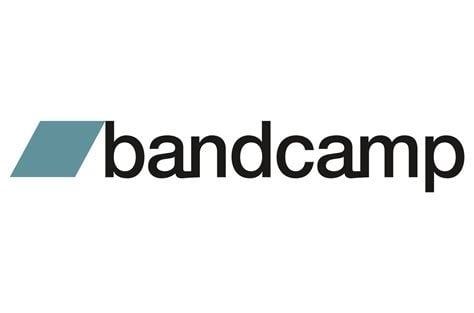Bandcamp’s Ethan Diamond doesn’t do a lot of podcast interviews. So his conversation with Andrew Dubber on the MTF Podcast is a good find. Recorded sometime last April, the Bandcamp CEO gives personal insight into the platform and its philosophy. He also talks about the introduction of Bandcamp Fridays to help artists struggling without tour income. The interview happened after the first one took place.

And it’s fun to hear of Diamond’s music fandom, including a story about ordering an obscure vinyl LP from a Norwegian band called Koppen — “one of my favorite records.” The creation story of Bandcamp comes out of fandom, too. Diamond was inspired when he bought a digital download directly from the site of a band he liked. The profound technical issues he experienced — this was the web of the mid-00s — put him on a mission to serve the music community by making something better. In other words, Bandcamp is a platform sparked by fandom and in service to musicians. Compare that with whatever inspired Daniel Ek’s recent remarks about Spotify’s artist community — he seems to feel artists should serve him.
But there’s no animosity or sense of competition. Diamond explains that Bandcamp can coexist with Spotify. He rightly believes the two platforms each appeal to different tiers of listeners:
The way I think about it is when I was growing up — so listening to music in the late ’70s and the early ’80s — there were lots of people who exclusively interacted with music through the radio. And then there were the people who bought tapes and bought vinyl records. Not everybody needed to do that. There were a lot of people who were totally happy listening to stuff on the radio. They like music so they turn on the radio. They have this channel that’s kind of the style of music they like. I feel like that’s exactly what’s happening now. The streaming services are a lot like radio. And playlists are a lot like radio. And then there’s this different kind of person who wants to go deep and interact with the artist and own the music. That’s a subset and I’m happy to cater to that subset.
This is spot on. We forget that, in the pre-digital era, the vast majority of people didn’t buy music. The radio or background listening in stores or on TV was sufficient.
Spotify — or any mass audience streaming service — has the goal of monetizing casual listeners’ listening habits. That’s great — there are many paying $9.99 per year who would never buy music otherwise — and the more prominent labels are certainly profiting. But the danger is in pushing listeners who qualify as ‘fans’ to passive listening habits. Labels and artists need to do the opposite: motivate listeners away from radio (Spotify) and into fandom (Bandcamp and their own websites).